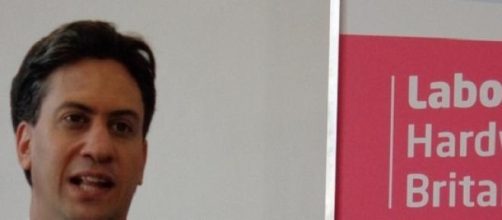As 2015 speeds along towards the general election on 7th May, the ongoing discussions around the proposed television debates that are planned to be aired in the run up to the day itself, continue to be unconfirmed. Broadcasters seem to be involved in a form of 'FA Cup type draw' in order to determine just what the running order will be during the general election campaign.
Although it seems that there may yet be changes made to the plans that have thus far been made, it seems likely that there will be as many as three debates held during the month of April.
The composition of the debates will change slightly between them, with two of them intended to feature all seven mainstream British political parties, giving an opportunity for all of them to make their 'pitch' to the British public. The third debate is expected to be an opportunity for the two main parties to go head-to-head, with their respective leaders Ed Miliband and David Cameron expected to feature.
Initial negotiations involving the political parties to be featured and the broadcasters (the BBC, ITV, Sky and Channel 4) have not gone all that well though, with no agreement reached so far as to the running order for the debates. As a consequence, the broadcasters have decided that it would be best for some form of drawing of lots to be adopted to sort it all out, representing the 'fairest' way to resolve the matter.
With progress being so slow on this up to now, many are concerned that the debates may not actually take place after all. With little more than a month until the general election campaign gets into full swing, to have so little determined with regards to the precise format and content of the debates themselves at this point in time, does not bode well for all of the necessary preparations to have been completed in time.
Some observers believe that the potential cancellation of the debates would suit some political parties better than others, with David Cameron's advisers particularly uneasy about his potential participation in such an event. However, if such an event does take place, they would not want to be unrepresented and have in effect an "empty chair" at the debate, in that scenario making them conspicuous by their absence.

